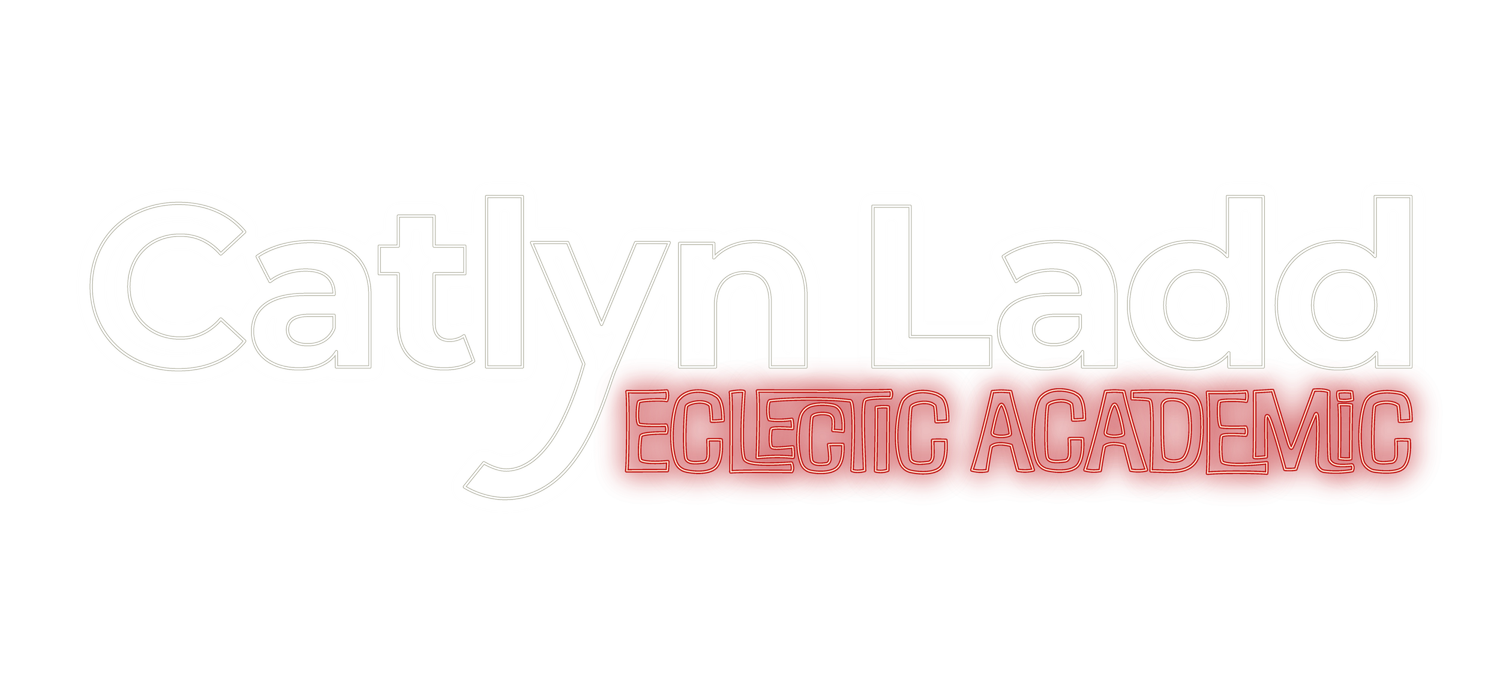During time spent on lock down in the 2020 coronavirus outbreak, I produced a series of character studies, short shorts, poems, and vignettes in 500 or fewer words. Enjoy!
I wait, writhing. I think tendrils. I speak silence. I am my mother’s daughter, blood of her flesh, fruit of her womb.
It is muffled here in the dark. My first awareness is sound, sweet singing, though I do not know “song” or “sweet.”
Next I know sharp, stinging. I do not yet know “pain” or “tooth” or “tongue.” The first blood I taste is my own.
It becomes cramped. I can no longer stretch and my wings press close, uncomfortable constriction. I have grown larger and I curl inward upon myself, soothed by the beat of my heart and the surrounding warmth.
But it soon becomes more cramped. I stretch irritably, limbs pressing into the soft close. This is the only world I have known and I grow weary of it in search of space. My lungs take in only fluid but I long for the open air, though I do not know that which I crave.
Such softness. I dig my fingers in, sensing spasms. I know there is a world beyond.
Flush of fluid, blinding noise, a great spilling forth. I ride a river of red, it coats my skin and clots my hair. I cannot make sense of sight, a sensory assault of new sensation. I do understand depth perception or movement. I do not know “red” or “body” or “death.” I do not know that I have been born.
I pull myself up on fragile fingers. The wings spread upward, gloriously free. I take a breath automatically and spew forth fluid, coughing, choking. The next breath is sweet and glorious. I take another.
Breathing clears my head and I look around, beginning to recognize this new sense that is sight. I see velvety red, Martian runners of rippling maroon. It coats my skin, drying and beginning to flake. I brush it away and see shimmering white beneath, white wasteland of glowing flesh. This is me.
I look around and see a face. Though I have not learned “face” I know what I see though I cannot name it in language. Coated in the red rivulets, shining eyes staring up, unblinking. I reach with taloned fingers and touch, tingling, mingling of flesh against dead flesh. This is her.
I take her hand in my hand, her golden skin against my pallor. Her fingers taper to narrow nails, slender. My fingers end in curving bone tips, whiter even than the skin of my hands. Her fingers are lax in mine. We are different.
Her middle is ribbons of flesh. I sit in her wound. Her womb. She has no wings sprouting from her back like salvation.
There is air on my skin, the call of space. I stretch my wings. The air enters through an open space in the wall and beyond I see the an expanse of black, littered with tiny pinpoints of light.
The air calls to me and I stretch my wings, responding to an instinctual pull. I am fantastic flight, born upward.
